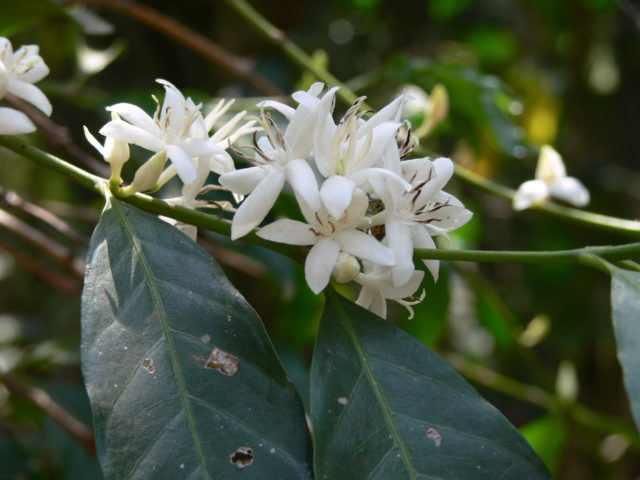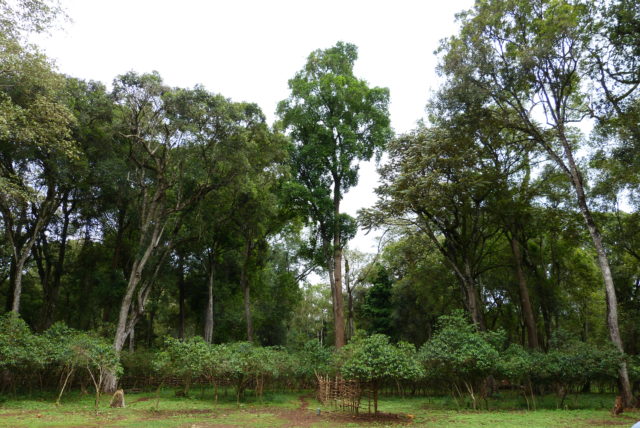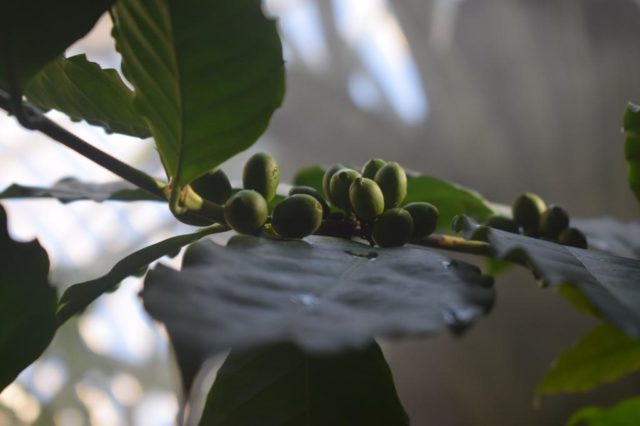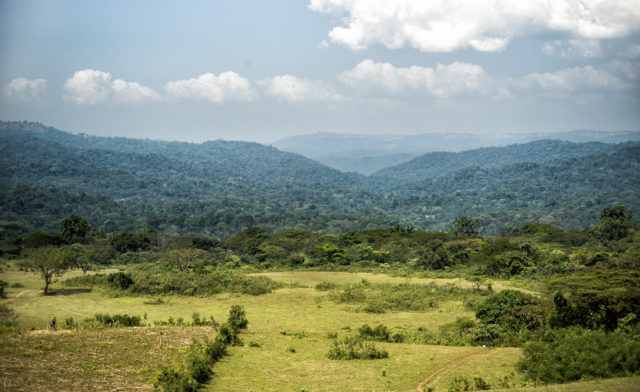More than half of wild coffee species threatened with extinction, study finds
Those at risk include Arabica, the species which has been cultivated to provide 60% of the global trade in coffee.

At least 60% of wild coffees are threatened with extinction, including the species behind one of the world’s most popular beverages, scientists warn.
Researchers at the Royal Botanic Gardens, Kew, have found that 75 of the world’s 124 wild coffee species are under threat from the loss of forests, climate change and the worsening problem of fungal disease and pests.
They include wild Arabica, a species from Ethiopia that has been cultivated to provide 60% of the multibillion-pound global trade in coffee but which is assessed as endangered largely as a result of climate change.

The threats facing wild coffee are significant for the future of one of the world’s most widely drunk brews because wild varieties have been used to breed and improve the cultivated stock over the years, the experts said.
Coffee farmers, who grow either Arabica or Robusta coffee, have already begun to report their crops being affected by changing weather patterns, rising temperatures and new pests and diseases.
The variety of traits found in wild species are likely to be even more important in the future to develop plants that can cope with threats such as longer dry seasons caused by climate change or the spread of pests.

Less than half of the wild coffee species are held in seed banks or living plant collections and more than a quarter (28%) are not known to occur in any protected areas, the scientists also warn.
They called for increased conservation in the natural environment as well as in seed banks and plant collections, and urged support for the African countries where most wild species are found to help them protect their coffee resources.
In a study published in Science Advances, scientists assessed wild coffee species against the extinction risk criteria of the International Union for Conservation of Nature (IUCN) Red List of Threatened Species.

The level of risk for coffee is much higher than for plants as a whole, with an estimated 22% of plant species worldwide threatened with extinction.
Dr Davis, lead author of the study said: “What we’re saying is 60% is just really high, that’s a real wake-up call. For a major global commodity, that starts ringing alarm bells.
“It’s a tragedy losing any wild species, whether it’s a bird or plant or animal, that’s bad enough.
“But when you’ve got a crop that supports the livelihoods of 100 million people just in production in coffee farming, then you look at value of high street coffee chains and supermarket coffee, it’s enormous.”

It found that when climate change was taken into consideration, wild Arabica, which is only found in the humid forests of Ethiopia and a small area of South Sudan, moves from being classed as “not threatened” to “endangered”.
Kew’s Dr Justin Moat, one of the authors of the paper, said: “These findings are so important as they indicate that the extinction risk to many other coffee species could be much worse if we consider climate change.”





